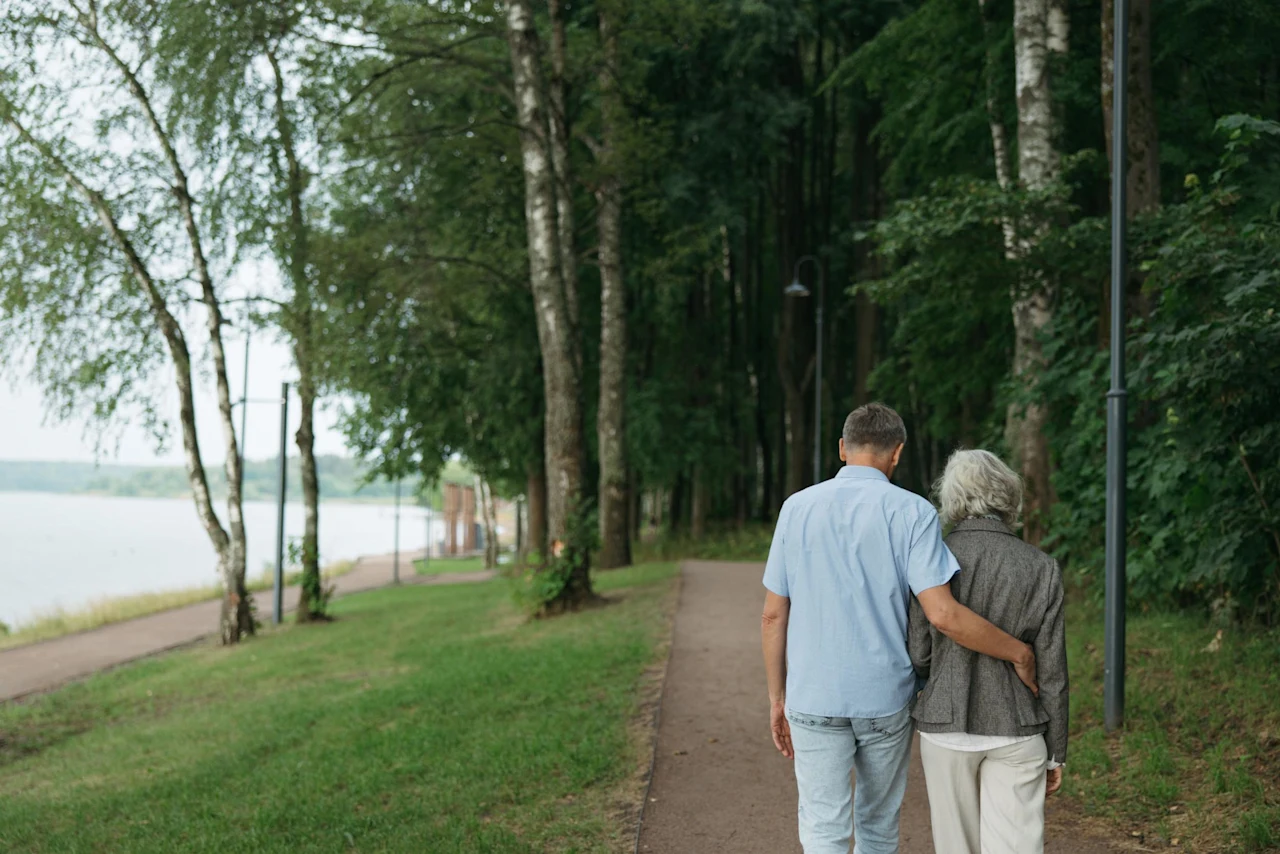Either way you choose to look at it, the definition of cremation remains the same; it’s more or less “the process of reducing a dead body to mostly tiny bits of bone resembling ash that involves exposing the body to flame and intense heat followed by pulverization of bone fragments,” according to Merriam-Webster.
Every cremation ends with burning the body to ashes, but the means to the end is what differentiates between the different types of cremation services. Therefore, it is the inclusion of certain events (or lack thereof) that modifies the types of cremation services being provided.
There are several services people may wish to include in their end-of-life plans, which begs the question: What are the four types of cremation services? Use this guide to learn about the four types of cremation services, including:
Traditional cremation
When most people think of the cremation process, they are most likely visualizing a traditional cremation. That is to say, the actual act of cremation is preceded by several services designed to give friends and family a chance to pay their respects to the body of the deceased. Consequently, most traditional cremations will coincide with funeral, memorial, and viewing services. Others may also choose to include a visitation or a wake in their end-of-life plans — the extent of the services is really up to you and your beneficiaries.
All of the services at a traditional cremation have one thing in common: the body is present. As a result, traditional cremations tend to take place immediately after death — before decomposition starts to take effect. In the meantime, the body undergoes several processes to preserve itself for the impending funeral services. The funeral home will embalm, dress, and prepare the body for viewing.
With the body preserved and laid to rest in a casket, it may be present at each service. Once the memorials have concluded, however, the body will then be cremated by the respective funeral home.
Since traditional cremations involve the most work and preparation, they are also the most expensive type of cremation. Once everything is accounted for, the average cost of a traditional cremation is just shy of $7,000.
Memorial cremation
Contrary to its traditional counterpart, memorial cremation does not host the body at any in-person services. Instead, the body is cremated almost immediately after death. Doing so prevents the need to hold services right after a loved one’s passing — although most memorial cremations occur within a week or two. The cremated remains are then placed in an appropriate vessel — usually an urn — and put on display at their respective memorial service.
More often than not, the remains become a part of the memorial, giving attendees a final chance to pay their respects. However, the cremated remains don't need to be present; some people may opt to have a service without them, and instead memorialize the deceased’s memory with a variety of photos, songs, and presentations.
All things considered, memorial cremations are akin to traditional cremations, less the physical body of the deceased. That said, memorial cremations are cheaper than traditional ones because there is no need to preserve and display the body.
Direct cremation
Compared to both traditional and memorial cremations, direct cremations are relatively simple. As their names suggest, direct cremations involve the act of cremation — and nothing more. Whereas memorial and traditional cremations have become synonymous with a variety of funeral services, direct cremations are “as advertised,” and don’t provide services for loved ones. Due to their lack of services, however, direct cremations are much more affordable, costing an average of $2,183.
Cremation in the name of science
While not nearly as common as the previously discussed types of cremation, a lot of people donate their bodies to science. In doing so, it is possible to simultaneously contribute to the advancement of scientific research and facilitate your cremation. In return for your invaluable sacrifice, the organization of your choice will carry out important research and proceed to cremate the body when it is done.
The thought of donating your body to science may be off-putting to some, but there are several benefits to consider. For starters, it’s an easy way to leave a lasting legacy for a cause you care deeply about. Subsequently, loved ones will be notified of the impact of your donation. Finally, in return for your donation, the cremation process and transportation of remains are carried out at no cost to you or your loved ones.
What happens after the different types of cremation services?
Again, every type of cremation results in remains. However, what you do with the remains is up to you. While most people put them in different types of cremation urns to keep them safe, there are dozens of lesser-known options to take into consideration:
Store the remains in an urn at home
Split the remains between several keepsake urns for multiple people to hold onto
Scatter the ashes in a special location
Scatter the ashes in a cemetery’s scatter garden
Scatter the ashes in a large body of water
Bury an urn containing the remains
Store the urn containing the remains in a columbarium or mausoleum
Turn tee remains into jewelry
What you do with your remains is only limited by your imagination and the law
Make sure your cremation plans are specified in your Will
Choosing to be cremated is just the first step in a long process. If for nothing else, there are several ways the cremation process may be carried out, more specifically, there are multiple types of cremation, each of which coincides with different funeral services. As a result, it is important to specify the type of cremation you wish to have at the time of your passing.
Dying without a Will that specifies your wishes could interrupt your plans. Make sure your final wishes regarding cremation are heard. Here at Trust & Will, we’re here to help keep things simple. You can create a fully customizable, state-specific estate plan from the comfort of your own home in just 20 minutes. Take our free quiz to see where you should get started, or compare our other estate planning and settlement options today!
Is there a question here we didn’t answer? Browse more topics in our learn center or chat with a live member support representative!
Trust & Will is an online service providing legal forms and information. We are not a law firm and we do not provide legal advice.
Last updated: March 21, 2025





